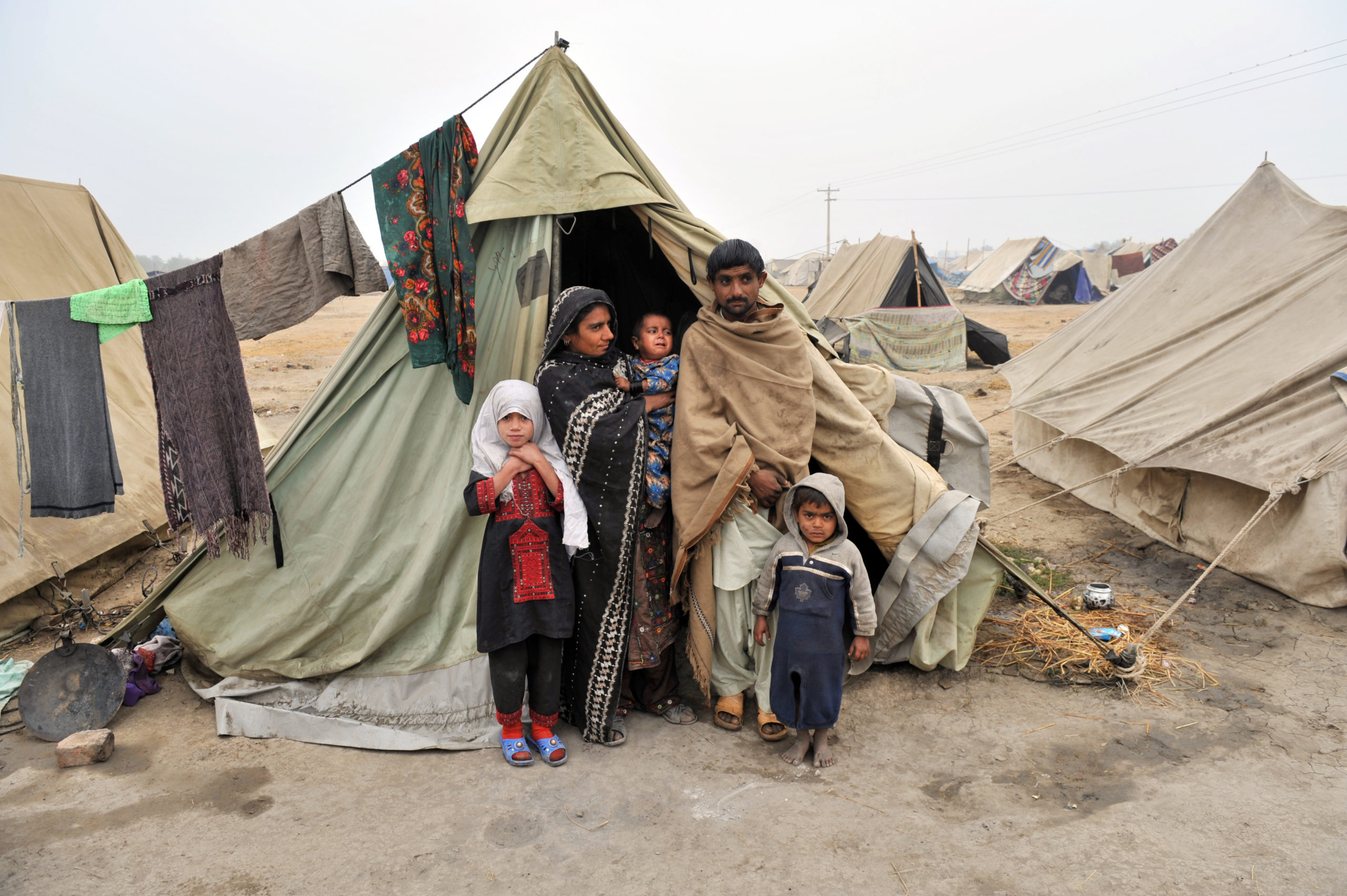Ecological threats to peace and stability have, and will always exist. Climate-related population displacement can only be a subset of the numbers representing broader ecological displacements in countries around the world.
The Ecological Threat Register (ETR) published by the Institute for Economics and Peace (IEP) found that these countries can be divided into two groups.
The first group are those that face major resource constraints due to water scarcity, food insecurity and population growth.
The second group are those countries that face major threats from natural disasters such as floods, cyclones and droughts. IEP then considered the societal resilience of countries using its Positive Peace framework.
Where the country has low or very low Positive Peace, it is classified as a having low resilience.
There are currently 740 million people living in countries that will face resource scarcity between now and 2050, while countries facing major threats due to natural disasters are home to approximately one billion people.
Combining these two groups and dropping duplicates, IEP estimates that by 2050 there could be 1.2 billion people living in countries where the societal resilience is unlikely to be sufficient to withstand the impact of these ecological events between now and 2050.
The number takes into account eight ecological threats and their relationship to population displacement, such as:

The ETR recognises that the severity of ecological threats will increase due to climate change, but other important factors are also influencing the impacts.
The projected increase in global population, and associated levels of resource consumption, and the interplay of violent conflict and resource scarcity are adding to the complex nexus of ecological issues leading to population displacement. As are other social and economic pressures such as resource depletion and development.
Demand for food is expected to increase by 50% by 2050 fuelled by rising income in Asia and rising middle class in China, the ETR found. Water consumption has increased at one per cent per annum in the last 20 years.
There are 14 countries in Africa, that at the current rate, will double their population in the next 30 years – many of these are suffering from ecological degradation.
These challenges may negatively affect existing social and political structures, both in the affected countries and their neighbours.
Therefore, it is imperative to understand which countries are likely to be impacted the most and which countries have the resilience to withstand extreme shocks.
The ETR set out to provide a comprehensive, data-driven analysis of ecological threats covering 157 independent states and territories.
The register measures population growth, water stress, food insecurity, droughts, floods, cyclones, and rising temperatures and sea levels, and uniquely, also identifies populations whose social resilience may not be able to withstand the ecological threats they face with IEP’s own model – the Positive Peace framework.
Over the last 15 years, IEP has dedicated itself to neutral, non-aligned, data-driven research that highlight the factors that create, sustain, and build peaceful societies.